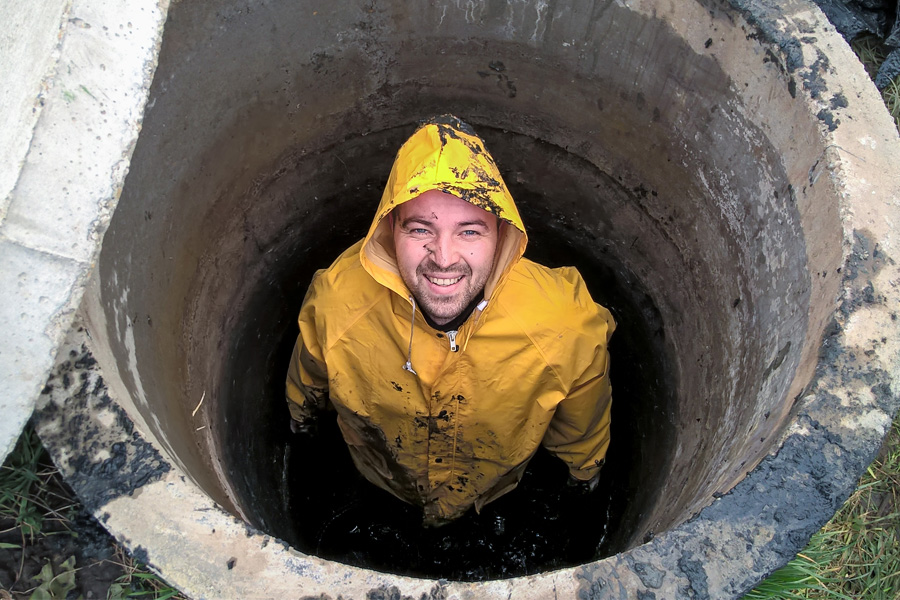UNLOVABLE JOBS ... and why you can love them anyway
There are not only dream jobs - beautiful, clean, fulfilling, where you can use your special skills and realize yourself. With some jobs you literally get your hands dirty, they are noisy, poorly paid, physically and/or mentally demanding, irregular, ... actually unreasonable.
The top 10 least attractive jobs, according to Statista Research Department, are as follows:
(Question wording: "Which of these professions would you definitely not pursue?")
10 - Journalist
09 - Doctor
08 - Banker
07 - Cleaner
06 - Primary school teacher
05 - Farmer
04 - Road transport
03 - Long-distance driver
02 - Politician
01 - Insurance broker
And yet, there are people who love doing these jobs and feel no need at all to work in any other field. Why is that? The answer lies in orientation: Orientation tells us which factors are particularly important to people in their particular life situation . Depending on personal attitude, life phase, environment, ... emotional, calculative or growth-oriented components predominate and determine motivation, commitment and performance.
We ask three imaginary people doing the same job (e.g., in a sewer cleaning company) - on the same terms, but for very different reasons:
"Why do you love your job?"
Person 1 (emotionally oriented): "I love my job because we're such a great team, there's a lot of fun going on from morning till night, we stick together ... and someone has to do it."
Emotionally oriented people feel anchored in the social environment of their workplace or in their area of responsibility itself. They need the certainty of making a valuable contribution to the common good and of being valued as a human being.
Person 2 (calculative oriented): "I love my job because I earn well and have social security, plus I don't have far to go to work. And if I need a few days off, that's no problem."
Here, measurable facts are in the foreground. The job is primarily a means to an end, with a calculative orientation playing a role, especially at times when there is a family to support, for example.
Person 3 (growth-oriented): "I love my job because I get to learn from the best here so I can soon start my own innovative duct cleaning empire."
Further development is the focus here, because growth-oriented employees don't want to be a cog in the system, but rather make the most of themselves and their lives. They want to learn and are looking for a challenge.
Not every employer can offer perfect conditions and meet all the criteria listed in countless guidebooks on the subject of employee retention. Some would very much like to pay double if they could, and certainly no one likes to expose their employees to extreme or even dangerous conditions. With the knowledge of orientation, it is nevertheless possible to turn them into committed employees who enjoy coming to work and give their best every day.
With PERSENTIS you can find out the orientation of your employees and adapt your measures for employee retention and motivation accordingly - with PERSENTIS Analytics at department level, with PERSENTIS Profiling at individual level.
This is what your results could look like after a PERSENTIS analysis:



